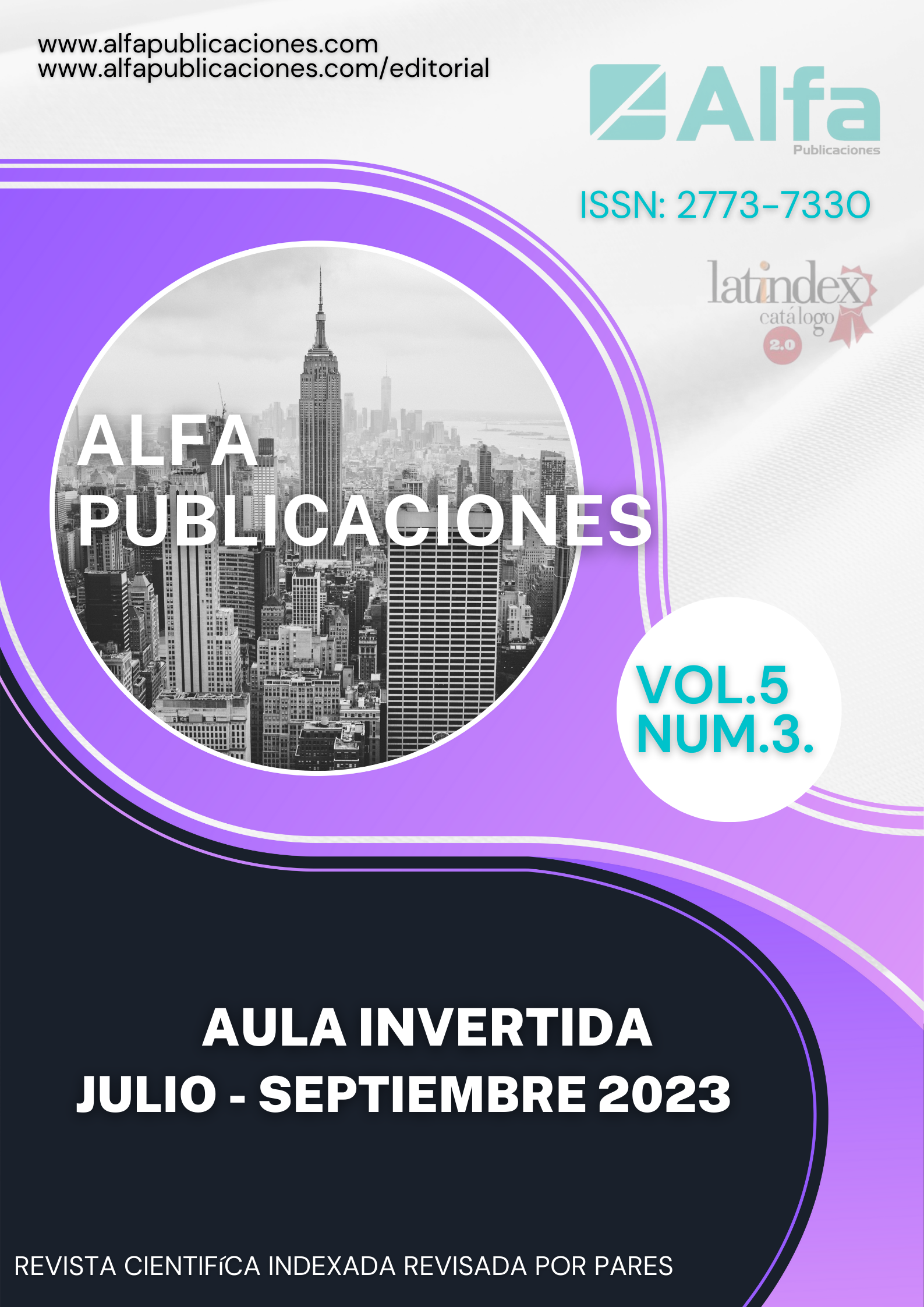Digital educommunication: preferences in the consumption of contents of the social networks of the university students of Riobamba
Main Article Content
Abstract
Introduction: currently social interactions are present in different digital platforms; internet users have the possibility of consuming different types of content on social networks. But this digital phenomenon also involves identifying alternatives for information consumption to recognize the veracity of texts, images or videos. Due to the heterogeneity that surrounds the user in digital environments, the limits in their actions, especially in the consumption of content do not have the appropriate limits, they consume information to satisfy their social needs, entertainment, in very few occasions the veracity of the content is reviewed, and the necessary measures are not taken into account to verify the veracity of the content they share. Objectives: the objective of this research is to analyze what factors influence the consumption of content from social networks by university students in the city of Riobamba. Methodology: the study has a quantitative approach, non-experimental design, descriptive field type. The technique used was the survey, with a questionnaire composed of 31 items, as an instrument. The population is made up of university students from the city of Riobamba. Results: in the results obtained from the general section it is observed that a high percentage of use of social networks, choose entertainment content, but with less preference informative and educational content. Conclusions: in the positive factors the relevance of the consumption of information regarding problems that affect Ecuador, and the world is observed. In the negative factors are observed the presence of false information in social networks, sensationalism, saturation of information and harassment. It is evident that positive factors are more relevant than negative factors for university students and communication in the classroom is recommended to strengthen responsible consumption. General area of study: Communication. Specific area of study: Digital communication.
Downloads
Article Details
dssfdsf
dsfdsf

